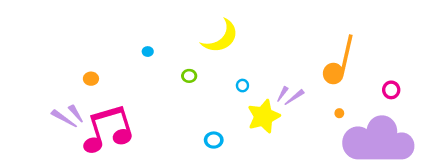Conseils Et Astuces
Avez-vous besoin d’aide pour savoir quand commencer l’apprentissage de la propreté? Comment commencer l’apprentissage de la propreté? Faites-vous face à des régressions? Nous avons des articles utiles pour toutes ces questions et plus encore.

Apprentissage De La Propreté
Le grand changement : la transition des couches aux sous-vêtements d'entraînement
Lire Plus
4 minutes Lire

Quand Commencer
Questions Et Réponses Sur L'apprentissage Précoce De La Propreté
Lire Plus
4.5 minutes Lire
Rendre L'apprentissage De La Propreté Amusant
S’il y a une chose que nous savons, c’est comment s’amuser! Comptez sur nous pour les jeux, les récompenses et bien plus encore. De plus, avez-vous déjà parlé avec Mickey en FaceTime?





